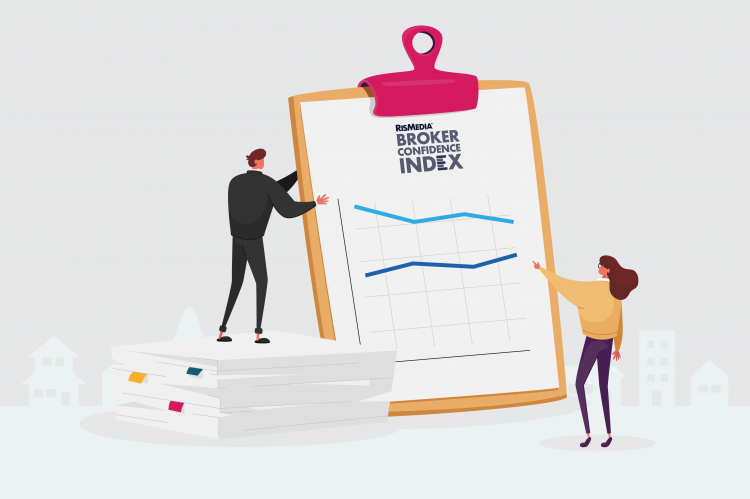

Welcome back! Please enter your password below to log in to your Premier account.
Please enter your email address to log in to your Premier account or to sign up for our free Daily News.
Order Summary
Already have an account? Click here to login
If you already have an account on this site, please login below. Otherwise, please proceed to the Details section.
- Your Order: Subscriber
- Subscription Length: 1 year
- Recurring: Yes
- Content Access: 1 Post, 0 Posts, 0 Pages, 0 Power Brokers
Total: Free












